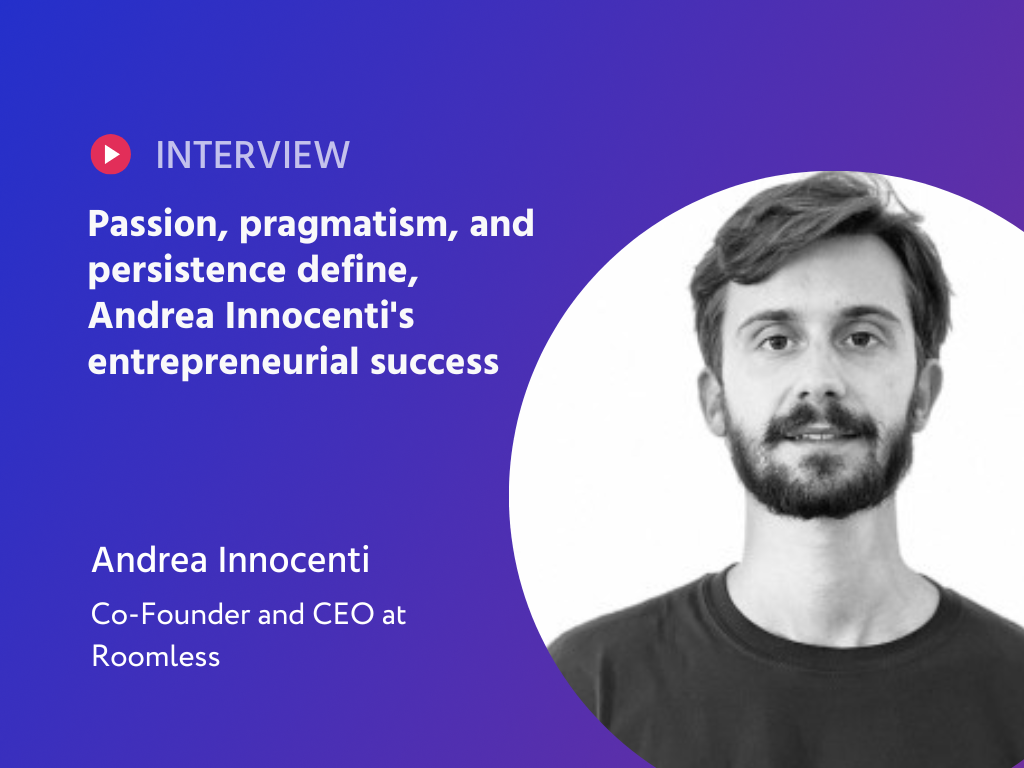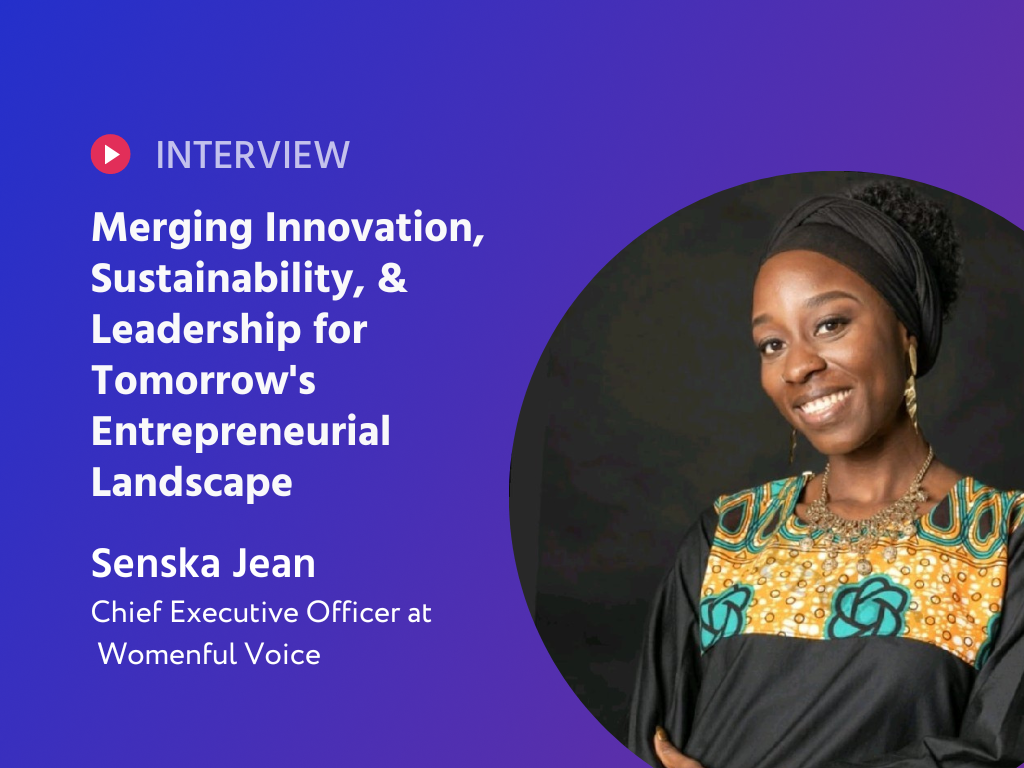In today’s insightful edition of Bright Founders Talk at Temy, we have the pleasure of diving into the mind of Connor Jeffers, the Founder and CEO of Aptitude 8. Despite the jet lag from a recent West Coast trip, Connor’s enthusiasm for breaking down the complexities of his business operations is palpable.
Aptitude 8 is making waves as a technical services company in the HubSpot ecosystem, focusing on implementation, integration, and optimization for a range of customers. From businesses new to CRM to seasoned players migrating from platforms like Salesforce, Aptitude 8 has established itself as HubSpot’s highest partner tier and one of the fastest-growing companies in the ecosystem. But the innovation doesn’t stop there; Connor and his team have also spun out hapily, a HubSpot ventures-backed software business.
hapily develops both small-scale tools and large applications, with Zebra being their hyper-robust Stripe integration that brings all your subscription and transaction data seamlessly into HubSpot. Tune in to explore Connor’s journey from a multi-major university student intrigued by philosophy and economics, to a tech-savvy entrepreneur leading two companies with a laser focus on optimizing the HubSpot experience for businesses.
Connor Jeffers: From Philosophy Buff to Tech Entrepreneur—The Journey of Building Aptitude 8 and hapily
Let’s talk about taking a detour, folks. Connor Jeffers, the whiz behind Aptitude 8 and hapily, didn’t set out on the traditional path of tech evangelists. He started in college with interests in—you’re not going to believe this—philosophy and economics. Oh, and he threw in some political science too, just for kicks. Not the typical starting line for a future tech CEO, huh?
Now, the juicy part? Connor was practically seduced into the tech world. He met a CEO at some random event who offered him a job and a MacBook Air. “It was, you know, at 20 years old, the greatest offer I’ve ever heard in my entire life,” he tells us. We can almost hear the collective ‘say what now?’ from every college student reading this. Yep, he bailed on school, for a bit, took the gig, and began his ascent from there.
But wait, it gets even better. When Connor dives into the nitty-gritty of what Aptitude 8 and Happily do, he spins it as simply as this: “With Aptitude 8, we help one HubSpot customer at a time do really cool stuff. And with hapily, we take those learnings and turn them into one-to-many applications.” That’s the magic formula that has turned both his companies into growing entities in the tech world.
It was, you know, at 20 years old, the greatest offer I’ve ever heard in my entire life
It’s a tale that proves you don’t have to follow the tech norms to make it in Silicon Valley or any other tech hub. Sometimes, the offbeat paths lead to the most interesting destinations.
Unconventional Ventures and Beating the VC Odds: A Candid Chat with Connor of Aptitude 8 and hapily
Connor doesn’t fit your traditional Silicon Valley narrative, and he loves it that way. After ditching the four walls of his corporate gig at Top Hat, he found himself deep in the bustling heart of Chicago, diving into something radically different—venture studios. Connor puts it plainly: “Standard venture capital is like playing the lottery; you need three lucky breaks. We decided to break the wheel instead.” At Ronin, now called Builder’s VC, they flipped the traditional venture script. Rather than searching for ‘The Next Big Thing,’ they made it. They designed, built, and launched companies and once they were up and running, they’d bring in a founder to take over.
Then came the pandemic, but Connor wasn’t fazed. Aptitude 8, his boutique consulting firm, was practically born in the chaos of 2020, just as COVID-19 began to rear its ugly head. While other firms were pulling the emergency brake, Connor and his team were strapped in and stepping on the gas. “I think the pandemic was good for us,” he reflects. “We were remote-first to begin with. When everyone else was scrambling to adapt, we were already there.”
We were remote-first to begin with. When everyone else was scrambling to adapt, we were already there
And if you thought he’d stop there, you’re in for a treat. Connor also took a gamble on the emerging HubSpot ecosystem. What initially started as an internal project within Aptitude 8 became hapily, a self-contained SaaS startup building nifty apps for the HubSpot platform. Connor shares, “HubSpot told us they’re bullish on the ecosystem, and they needed some lighthouses. So, we spun out hapily, and here we are.” Oh, and in case you’re wondering—hapily is already raising money and gaining traction. As for Connor, he’s just getting started. “Standard venture capital is like playing the lottery; you need three lucky breaks. We decided to break the wheel instead,” he grins, already plotting his next move.
Juggling Two Businesses and a Life: Connor’s Revolutionary Approach to Work-Life Integration
“For me, it’s pretty interlaced,” Connor says with a smile that exudes a relaxed confidence. Most of us feel like we’re doing a tightrope walk between our work life and personal life, but for Connor, it’s more like a dance. It’s not just about clocking hours behind a desk and then clocking out to live. He’s not confined to the traditional 9-to-5 grind; instead, he thrives in a work environment that is fluid, where he can tap out to play a video game and then switch back to resolve a business challenge. “I call it work gaming,” he mentions, casually coining what might be the catchphrase for the future of remote work.
So, how does he manage two businesses without turning into a walking ball of stress? The key, according to Connor, is having a “combined core focus.” Running two separate entities isn’t a jigsaw puzzle for him—it’s more like harmonious sections of the same orchestra, each playing their own part but contributing to a singular, magnificent sound. In his words, “My core job scales across both businesses in a pretty impactful way.”
“I don’t think I have like a line,” Connor admits when it comes to separating work from life. It’s a seamless blend, a way of being that he wouldn’t necessarily recommend to everyone but works wonderfully for him. “I don’t feel like I’m chained to my desk, and that’s about as good as it gets for work-life vs non-work-life.” As we redefine what the modern work environment looks like, maybe the rest of us could learn a thing or two from Connor’s playbook. After all, who wouldn’t want to turn their work-life balance into a work-life dance?
I don’t feel like I’m chained to my desk, and that’s about as good as it gets for work-life vs non-work-life
Connor Spills the Beans: The Blueprint for Starting a Company that Doesn’t Suck
“Don’t be the guy who’s hunting for the ‘killer idea’ while neglecting the groundwork,” says Connor, whose savvy business acumen could give a Wall Street veteran a run for their money. Fresh from our candid chat, he cut straight to the chase. Forget the pipe dream of just stumbling into a startup; you gotta have “a really deep conviction about something in the universe that could be better.” But Connor doesn’t just stop at advocating for a killer idea. You’ve got to do more, he suggests. Your idea needs a runway, a plan, and a pilot—you, obsessively scouring for problems in a sector you’re fascinated by.
Don’t be the guy who’s hunting for the ‘killer idea’ while neglecting the groundwork
Then comes the million-dollar quote, the wisdom-nugget to pin above your workspace: “To do good work, and the rest will follow.” It’s not plucked from some ancient scripture but sage advice from a mentor of his youth. Connor swears by it. Whether you’re in tech, retail, or any industry, really, that’s the cornerstone. Zero in on the quality of what you’re building—be it a product or service—and Connor firmly believes the universe will sort the rest.
Of course, he’s not all spreadsheets and business models. The guy has a life-sized LEGO AT-AT (that’s All Terrain Armored Transport for the non-Star Wars fans) sitting in his room. It wasn’t an impulse buy; it was a destiny purchase. This perfectly sums up Connor’s philosophy. Whether it’s a career-defining venture or a Lego set, know what you want and go after it full-throttle. But also, make sure you’ve done your homework. Or in Connor’s own words, “If you don’t really know what either of those things are, you really should just stop and not do anything else.” A blunt ending, sure, but it’s the kick in the pants we all occasionally need.




